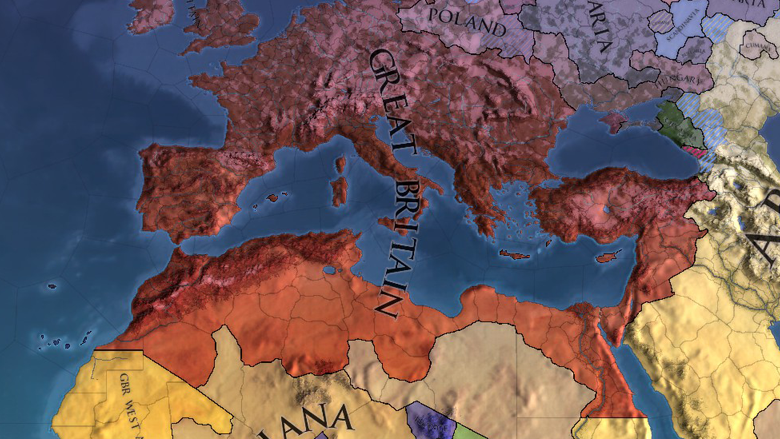The total MAU of projects of the Swedish Paradox Development Studio recently reached 1 million. The studio employees explain their success with two points: a business model and a “formula”.

The Paradox business model took on its final form after the launch of Crusader Kings II. It is based on the constant release of paid DLC and the parallel addition of free content and improvements,” the developers noted in their publication on VentureBeat.
As for the formula, it is based on eight principles that helped the studio grow from seven to a hundred people.
1. We do what we know, but we are not limited to it
Work within a familiar niche, but not slide into repetition. To invent new things within the framework of their genre.
2. Everyone makes a game
The company considers it important that everyone in the team understands that they are involved in the development, because any side or element of the game is a part of the player’s future experience.
3. Give a chance to prove yourself
It is important to give employees the opportunity to quickly prove themselves, to show what they are worth, regardless of their awards and resumes. The important thing is that they create and offer, they want to improve something, not their track record.
4. Developers are interested in business
A successful game is one that the user wants to buy and wants to play. Ignoring this means doing a disservice not only to yourself, but also to the players. In Paradox, most people are interested in numbers, understand or know everything about the budget of the game and try to do their part of the work in such a way that it helps the game to become successful, to please the players.
5. Properly allocate our own resources (kill pets)
The correct use of resources (what to focus on, what to sacrifice) when developing a game at an early stage of the company’s development is a matter of survival. At the present time, for Paradox, this is already a matter of competent prioritization. The company tries to focus on what needs to be done to improve the user experience. And she does not shy away from victims (the murder of certain solutions that may be dear to the heart of a developer, but do not benefit the user experience).
6. Creating games that we want to play ourselves
Working in a company, a developer has to spend a lot of time playing the projects that the team creates. For Paradox, this is one of the most important criteria when hiring. This leads not only to making better decisions, but also to a better understanding of the players.
7. Direct communication between developers and the community
According to Paradox, the advantages of direct communication between developers and the community of players outweigh the possible disadvantages.
8. Development is a marathon, not a sprint
As part of the DLC model that Paradox conducts, this cliche is the rule. After the launch of the game, the company always strives to make it even bigger, even better. She looks at any of her projects as long-term investments.
Well, a few numbers. The average playing time of users within a time interval of 14 days in Crusader Kings II is more than 12 hours, and in Europa Universalis IV – more than 16 hours. At the same time, the average playing time in the top 100 projects on Steam is 4 hours.
The market valuation of the studio’s parent company (Paradox Interactive) at the beginning of June was $420 million. The total sales of all its games on Steam alone in March reached 22 million, 4 million of them accounted for global strategies.
